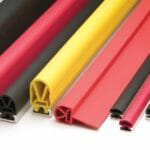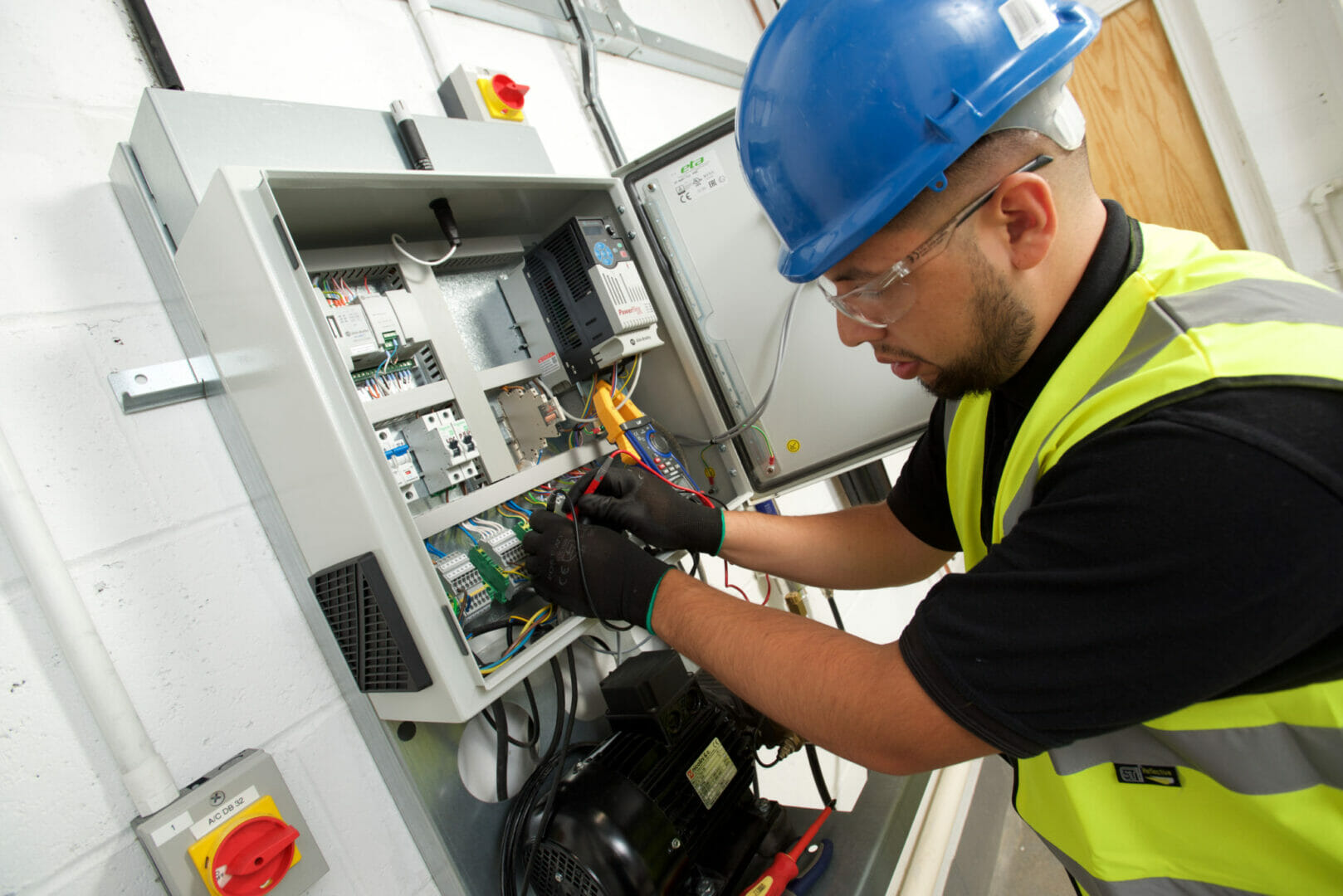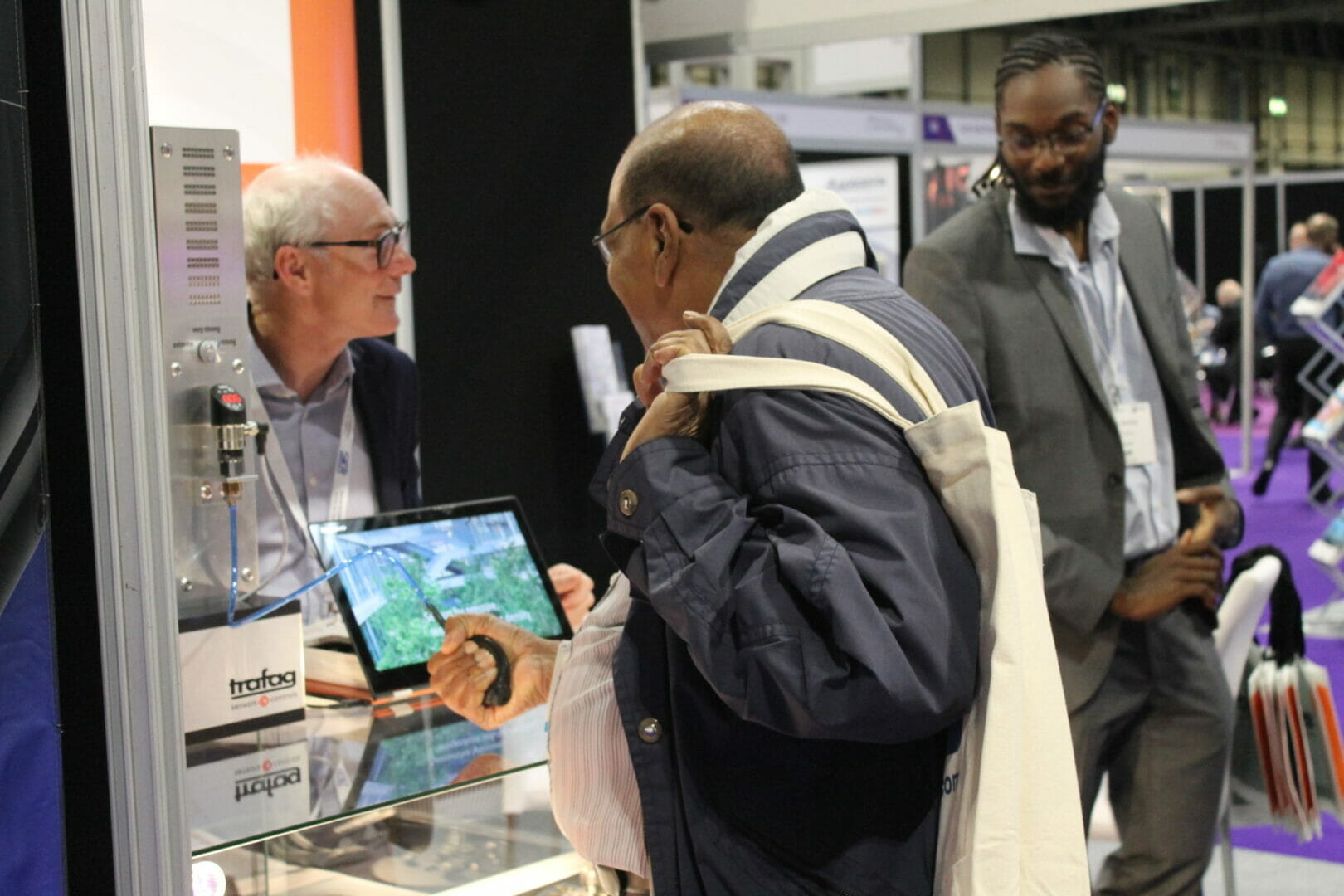The engineering industry is under increasing pressure from the government and society to comply with a number of regulations relating to the environment, health and safety and quality. These regulations, combined with toughening economic conditions means it is vital that machines work at peak operational efficiency and are regularly checked for flaws.
Engineering inspection has been a vital part of industrial life for over 150yrs. An entirely separate but still integral part of any sound maintenance regime, engineering inspection is the mechanism that ensures both employee and public safety and guards against business interruption and damage. It is also an essential element of meeting statutory, regulatory and operational requirements.
The industrial revolution was responsible for laying the foundations of the procedures, regulations and organisations that protect so many today. Victorian steam boilers were notoriously unreliable and failure usually involved a catastrophic explosion, leading to loss of both life and facilities. The solution was to employ someone who really knew boilers and was competent to check that the equipment was up to scratch, leading to the birth of the engineer surveyor.
Today the UK has several thousand highly skilled engineer surveyors, whose practical experience and technical expertise make them qualified to carry out these vital checks. Many of these engineer surveyors work for companies that have been accredited by The United Kingdom Accreditation Service (UKAS), and are members of national engineering inspection associations such as the Safety Assessment Federation (SAFed).
Modern machinery is far more advanced and used in a much wider range of processes than originally envisioned. Consequently engineering inspection is now a far more sophisticated process and has developed to cover a wider range of industries and processes: from manufacturing plant, lifting and pressure equipment, to energy installations, gas pipelines and offshore installations, to the carriage of dangerous goods, cargo and pre-shipment inspection.
Just as the purpose of the engineer-surveyor is to ensure that the equipment is fit for purpose and working at its best, the role of UKAS accreditation is to offer assurance that the engineer surveyor is competent to deliver reliable inspection results. Accreditation continues to ensure that industry can have confidence in the inspection services they procure. Using accredited inspection services helps to minimise risk, reduce costs, demonstrate credibility and maintain a hard-earned reputation.
The principles and benefits of accreditation extend into the wider engineering field; from the accreditation of laboratories that test materials used in engineering products to those that calibrate machinery to ensure accurate measurements are used in the production process. UKAS also accredits Notified Bodies operating in a wide range of industries, as well as Certification Bodies that asses schemes covering the management of quality, environmental impact, business continuity, energy, supply chain and occupational health and safety, all of which play a crucial part in modern engineering processes.
UKAS accredited services ensure that customers, suppliers, end users and regulators can have confidence in the quality and safety of goods, and in the provision of services throughout the supply chain. It demonstrates that all aspects of this process can be evaluated, ensuring public safety and providing assurance that engineering processes are carried out safely. In an uncertain post Brexit landscape, the international recognition of UKAS accreditation could prove to be vital for facilitating trade, both in the UK and abroad.







